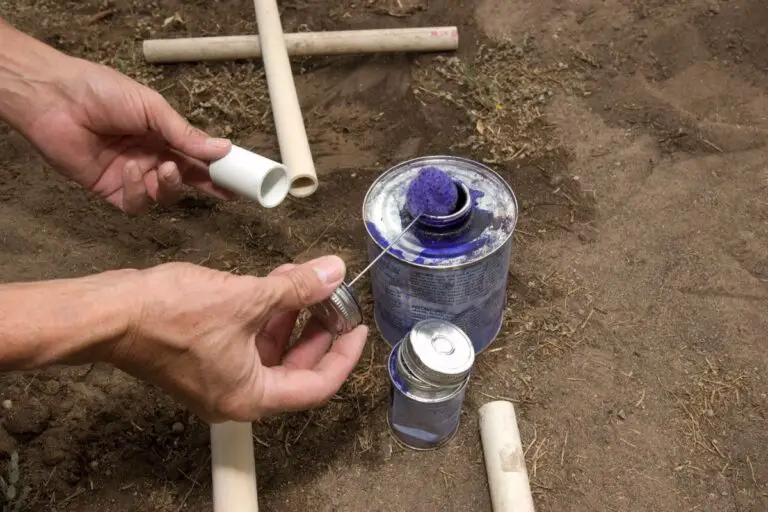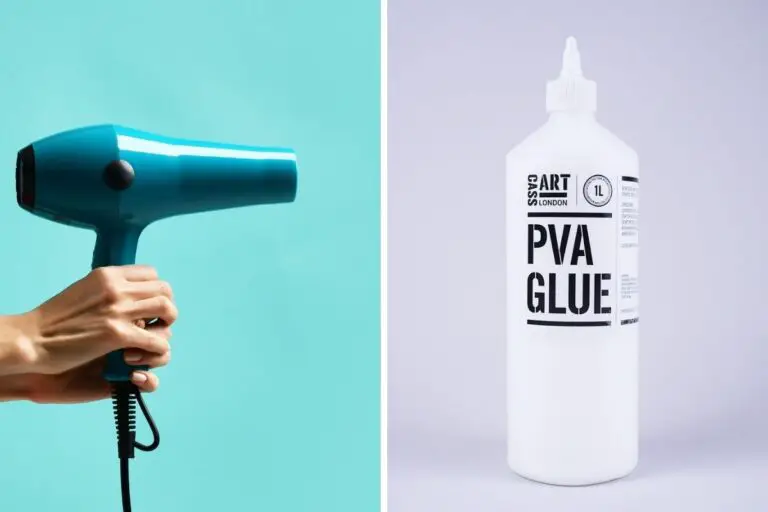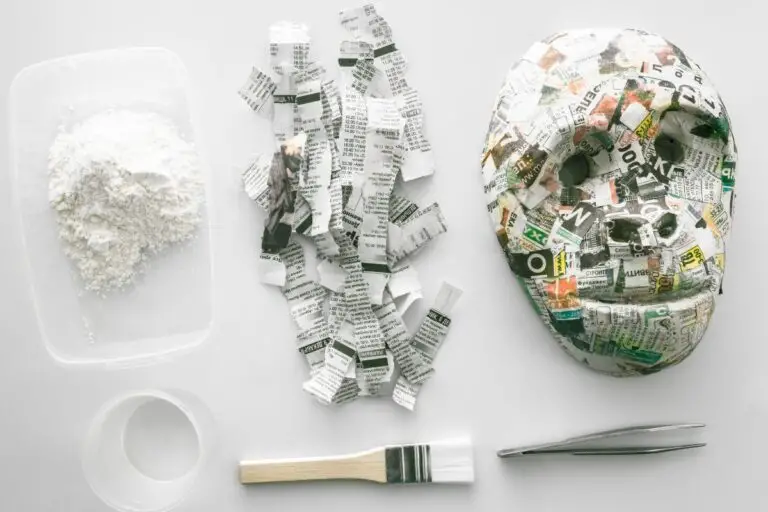Can you Dry PVA Glue in the Oven? Genius or Crazy?
Applying heat is one of the most effective ways to get PVA Glue to dry faster. However, you need to be careful about the source of heat you’re using to dry the glue because extreme heat might be damaging to the surface you applied the glue on and the glue itself.
So, can you dry PVA glue in the oven? You can dry PVA glue in the oven because glue generally dries fastest when heat is applied. However, the oven needs to be heated at a suitable temperature so the PVA glue doesn’t become overheated. Otherwise, it will start emitting harmful fumes that will affect your health. Make sure the temperature of the glue doesn’t go above 30°C-40°C.
Keep reading to learn more about how PVA glue dries and to make it dry faster with heat.
Contents
How Does PVA Glue Dry?
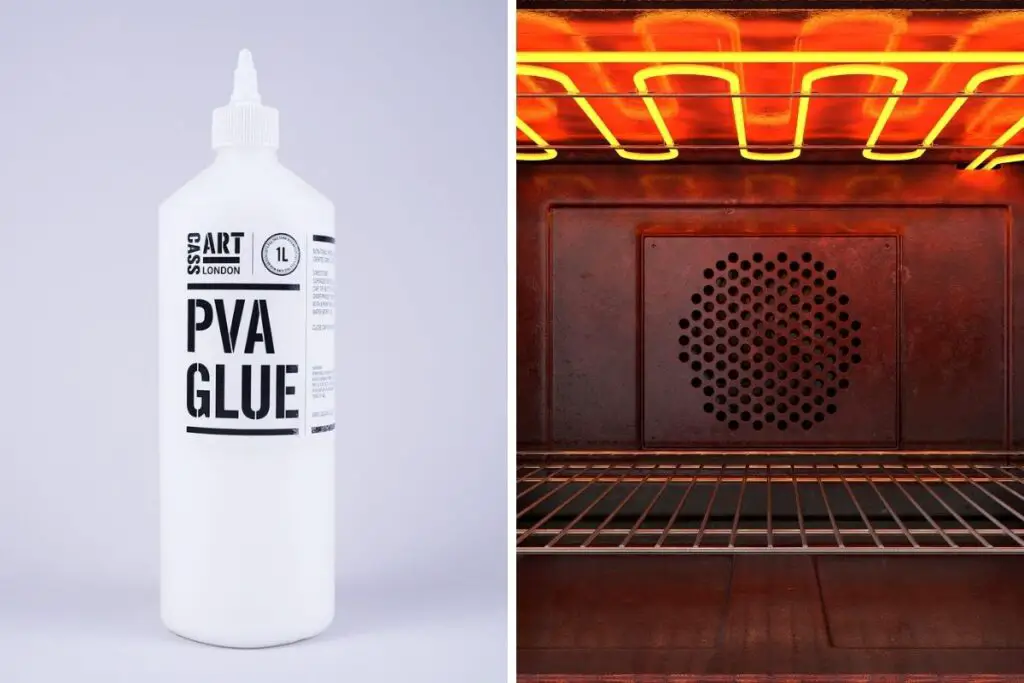
PVA glue needs to be exposed to air to dry.
That is because it is composed of polyvinyl acetate polymers combined with water and other chemical substances.
The water in the glue’s composition affects the consistency of the glue as it acts as a solvent to keep the glue in a liquid form until you apply it to a surface.
Once the glue is applied on a surface, it will be exposed to air which will cause the water in the glue to evaporate.
When the water evaporates, the glue will harden and essentially dry as the PVA polymers will remain to bond with the surface.
Will PVA Glue Dry Faster When Heat Is Applied?
The amount of time it takes for PVA glue to dry in normal room temperature ranges between 12 and 24 hours, however, it will dry a lot faster when heat is applied
Keep in mind that the speed of the drying process is also affected by other factors such as the amount of glue used, the number of layers applied to the surface, and the kind of surface the glue is applied.
Will Heating PVA in the Oven Glue Make It Toxic?

PVA glue is generally considered non-toxic as it doesn’t contain any harmful ingredients.
However, if the glue gets exposed to extremely high temperatures, it will become overheated and start releasing fumes that can be harmful and even toxic to some extent.
These fumes can be very dangerous to individuals with existing respiratory problems and prolonged exposure might cause severe health issues.
So, if you’re going to dry PVA glue in the oven, make sure the oven is heated at a suitable temperature and that the temperature of the glue doesn’t go above 30°C-40°C
How to Safely Dry PVA Glue Using Heat?
There are various methods you can safely dry PVA glue using heat without overheating the glue or damaging the surface you applied it on.
Let’s break down these methods:
- Use a natural heat source – Place your glued surface in a sunny spot outdoors or next to an open window indoors. This method is ideal for drying large glue spots and it is also convenient because you won’t have to monitor the drying process.
- Use a hairdryer – Make sure the hairdryer is set to low heat and hold at about 12 inches away from the glued surface for no more than 2 to 3 minutes at a time.
- Use a heater – Place the heater in the same room as the glued surface and make sure it’s set to low heat. Do not place the glued surface directly next to the heater. You can also the doors and windows in the room to ensure the heat will remain contained.
Related Questions
Can You Dry PVA Glue without Heat?
You can dry PVA glue without heat, but it might take a longer time. The best way to dry PVA glue without heat is to enhance the airflow in the room. To do that you simply need to open the windows in the room or you can set up 1 or 2 electric fans around the glued surface. A quicker method is to get a can of compressed air and spray it over the glued surface.
What Happens if You Freeze PVA Glue?
Freezing PVA glue might affect the chemical composition of the glue and damage it. PVA glue contains water which acts as a solvent to keep the glue in liquid form. If the water freezes, the remaining adhesive components of the glue will join together forming a solid clump making the glue unusable.
Helpful Resources
If you like this article, share it!
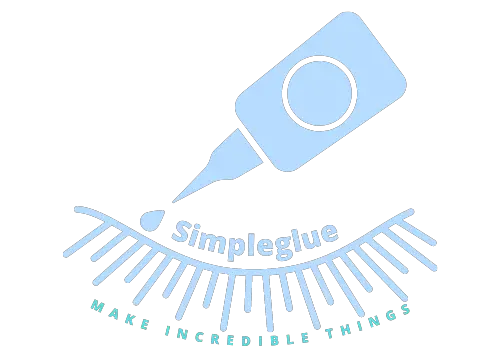
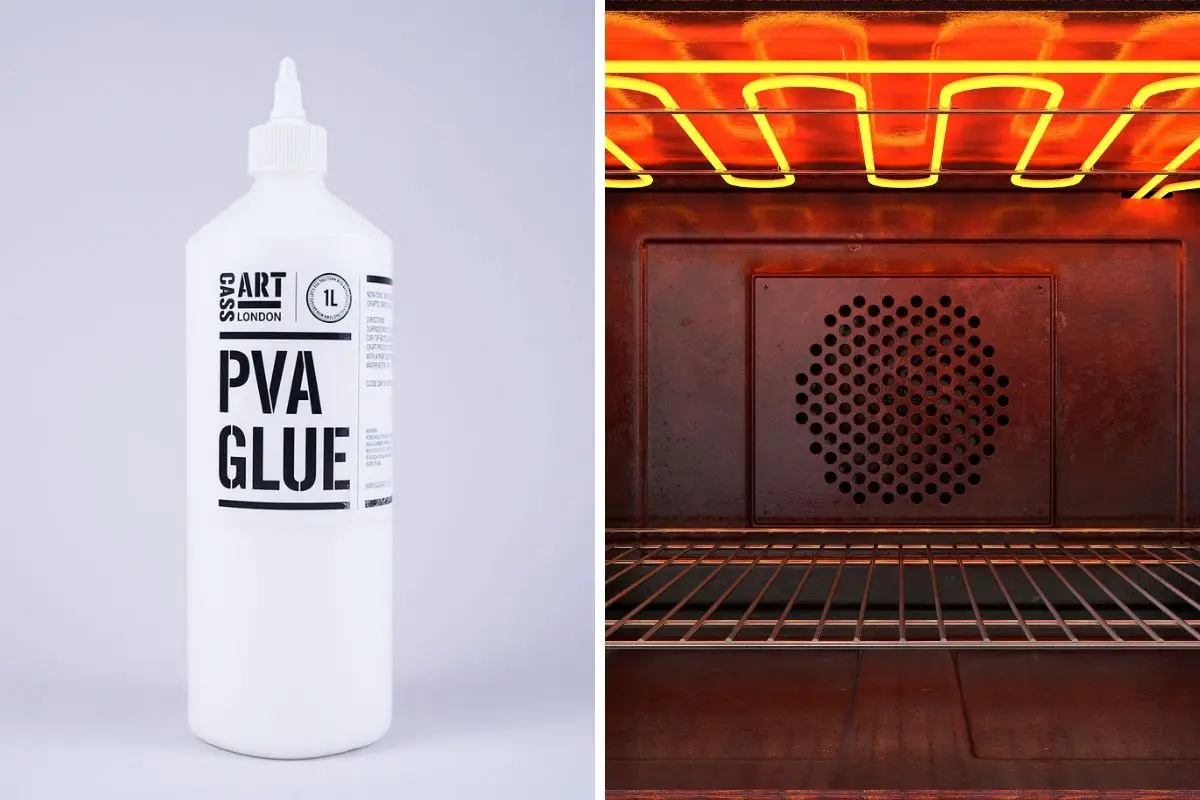
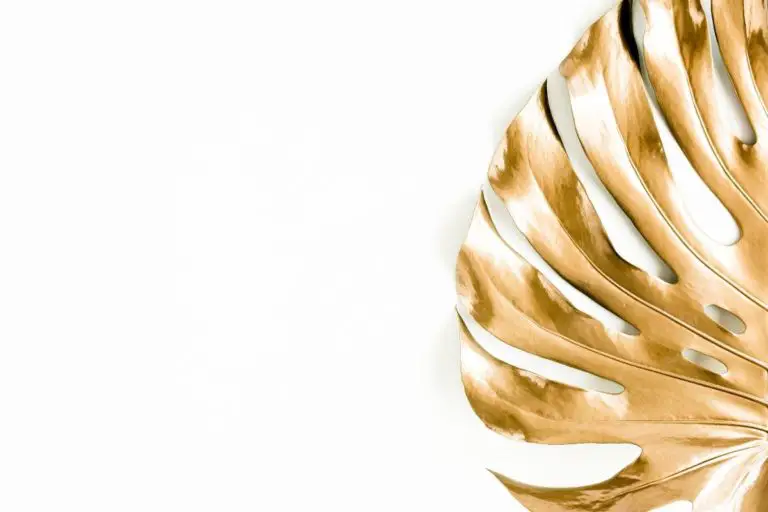
![When to Glue Drywall to Studs? [And The Correct Way to Do It]](https://simpleglue.com/wp-content/uploads/2021/11/drywall-to-studs-768x512.jpeg)
